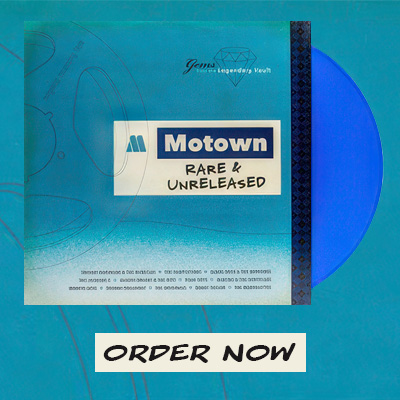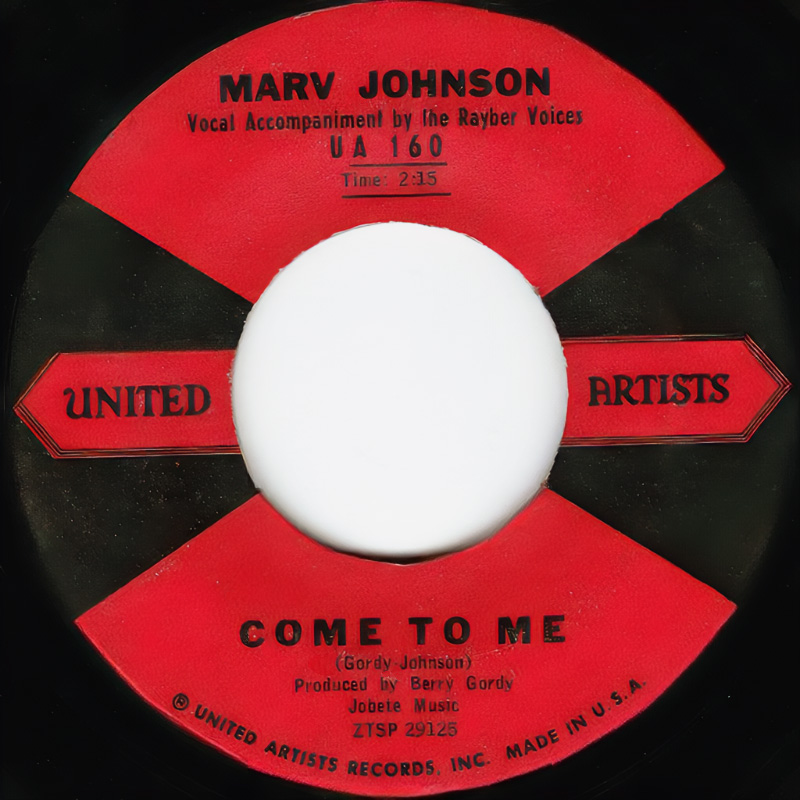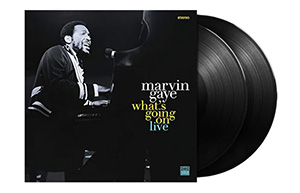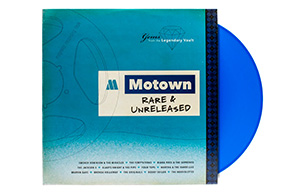Marv Johnson “Come To Me”
Released as Tamla 101 on Wednesday, January 21, 1959.
It all began here. “Come To Me” was what Berry Gordy intended as the very first release on Tamla Records, his start-up company in Detroit, but initially, he needed money to pay for its making. He didn’t possess enough cash himself, having recently received a derisory $3.19 as all-in royalties for recordings by the Miracles that he had previously leased to an independent New York label. Moreover, Gordy was no longer writing songs for Jackie Wilson, the catalyst for his first significant success in the music business.
He had hustled around town to raise $1,000 to pay for the recording, pressing and distribution costs of Tamla 101, but didn’t like the obligations which came with any such loan. The 29-year-old’s final option was the Gordy family’s savings fund, known as the Ber-Berry Co-Op, and so on January 12, 1959, he made the pitch to his kin, seated around the dining table of his parents’ home. The positive outcome is among the best-known business deals in music history, although the loan was trimmed to $800 to satisfy some family members’ slight reservations.
Gordy had met Marv Johnson the previous year, and heard for himself this talented, self-confident singer and his song, “Come To Me,” which held some commercial promise. This was Gordy’s choice for the 45 which would introduce his label, and he recorded Johnson at Detroit’s United Sound studio with session players Thomas “Beans” Bowles (flute, saxophone), Eddie Willis and Joe Messina (guitars), Benny Benjamin (drums) and James Jamerson (bass). Singing background were the RayBer Voices, featuring Gordy’s second wife, Raynoma “Miss Ray” Liles, Robert Bateman and Brian Holland.
When released January 21, 1959, “Come To Me” quickly found popularity in and around Detroit, but it soon became apparent to Gordy that he didn’t have the resources to support the single nationally. So he made a deal to sign Marv Johnson – whom he also managed – to United Artists Records in New York. The subsequent UA re-release of “Come To Me” not only netted the entrepreneur a national hit on the R&B and pop charts, but also a $3,000 advance against royalties, which would help to fund the young Tamla operation. Later that year, Gordy bought a former family home at 2648 West Grand Boulevard, and began building the music factory – Hitsville U.S.A. – which would change the course of music history in the 20th century and beyond.
“Come To Me” was registered as a copyright of Jobete Music, Berry Gordy’s publishing arm, in November 1958. What’s curious is that shortly after Marv Johnson’s recording was issued, the song was released, too, in a version by Frances Burnett, an up-and-coming singer under contract to United Artists. Not only was this the same company to which Gordy had just signed Johnson, but also the producer of Burnett’s version was Dick Jacobs, a close acquaintance of Gordy who had supervised Jackie Wilson’s first solo hits, co-written by the Motown founder. Despite this, Burnett’s competing “Come To Me” could not outsell Marv Johnson. Towards the end of 1959, Gordy produced a new version of the song in Chicago with the Miracles, but this stayed unreleased until its inclusion in Along Came Love, a 1999 “Lost And Found” compilation of the group’s earliest recordings. In 1961, Mary Wells remade “Come To Me” for her debut album, Bye Bye Baby, and the following year, the Contours cut the song at Hitsville. That, too, stayed in the can until its inclusion in Motown Unreleased 1962: Guys, Vol. 1, in 2012.
Berry Gordy is said to have recorded “Come To Me” with Marv Johnson during December 1958, although in his autobiography, To Be Loved, he noted that it was finished just two days before he and Smokey Robinson drove to get newly-pressed copies of the single from a Michigan pressing plant outside Detroit. This suggests “Come To Me” was cut in January after the $800 loan was made – but either way, it was done during the dead of winter. In Gordy’s book and Robinson’s own autobiography, Inside My Life, is the tale of how their car skidded on icy roads into a ditch during that journey, twice. Robinson wrote of a truck narrowly missing the pair, “slipping past a stop sign and aiming for our ass.” Imagine if there had been a serious collision amid the blizzard that day: the history of Motown might have stopped right there, before it all began.














